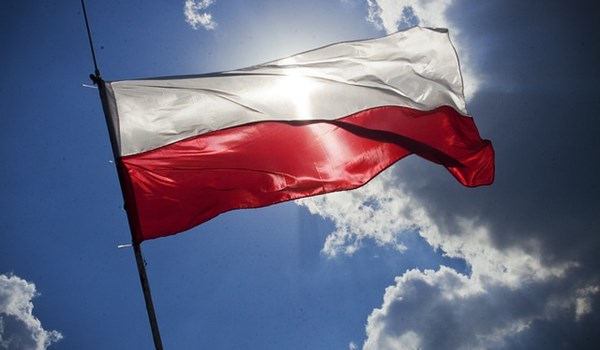Jurisdictions
Regions
Industry Sectors
08/06/22
INTERNATIONAL TAX: Holdout Poland Digs In Heels Against Deal for Global Minimum Tax.

As published on bloomberg.com, Tuesday 7 June, 2022.
Poland is digging in its heels in a standoff with the European Union and the US over a global minimum tax for corporations, saying it wants a legal guarantee to ensure multinational companies leave more in countries where they generate revenue.
Finance Minister Magdalena Rzeczkowska told Bloomberg the global deal would force Poland to change the way it lures foreign investors -- by offering tax breaks. To compensate for this, the EU’s lone holdout for the deal wants to be certain the the global minimum levy will be accompanied by tax changes for digital giants.
“For years, Poland has been pursuing a fiscal policy aimed at attracting investments in innovation and new technologies by offering tax reliefs and incentives for investors,” Rzeczkowska said in an interview during an economic conference in Sopot, Poland on Monday. “It’s our main weapon and our advantage.”
Warsaw’s intransigence is further endangering the implementation of a global deal heralded as a revolution to create a fairer corporate tax system. US Treasury Secretary Janet Yellen tried and failed to convince Polish officials to drop their opposition during a trip to Warsaw last month.
Poland is blocking the measure, which would implement a 15% minimum corporate tax rate across the EU -- part of an agreement backed in principle by almost 140 countries, including Poland, last October. EU directives must be backed unanimously by member countries.
Warsaw wants implementation of the minimum levy to be legally tied to the other part of the global deal known as the first pillar, which aims to give governments more rights to tax the local operations of the world’s largest companies. But the technical work on the required international treaty mechanism for the first pillar is delayed by uncertainty whether the US Congress would ultimately back it.
“The European Union is one of the first blocks to introduce these solutions to its law and starts from the second pillar,” Rzeczkowska said. “A tax on digital giants is something that will at least partially compensate for this complete change in the approach to tax policy.”
French Finance Minister Bruno Le Maire said last month the tax agreement is possible by the end of June, when his country completes its six-month EU presidency. But France removed the topic from the official agenda of the last meeting of the bloc’s finance ministers due to a lack of progress in convincing Poland to sign up.
Rzeczkowska denied the government’s opposition had anything to do with the European Commission’s yearlong refusal to approve the release of 35.4 billion ($37.8 billion) in post-pandemic stimulus. The EU’s decision last week to sign off on the financing sparked speculation Poland could withdraw its opposition to the tax deal as early as the next meeting of the bloc’s finance ministers on June 17.
“Work toward reaching an agreement is still ongoing,” Rzeczkowska said. “We are constantly negotiating with the French presidency and we hope to secure both the taxation of digital giants in countries where goods and services are consumed and a minimum level of taxation.”



